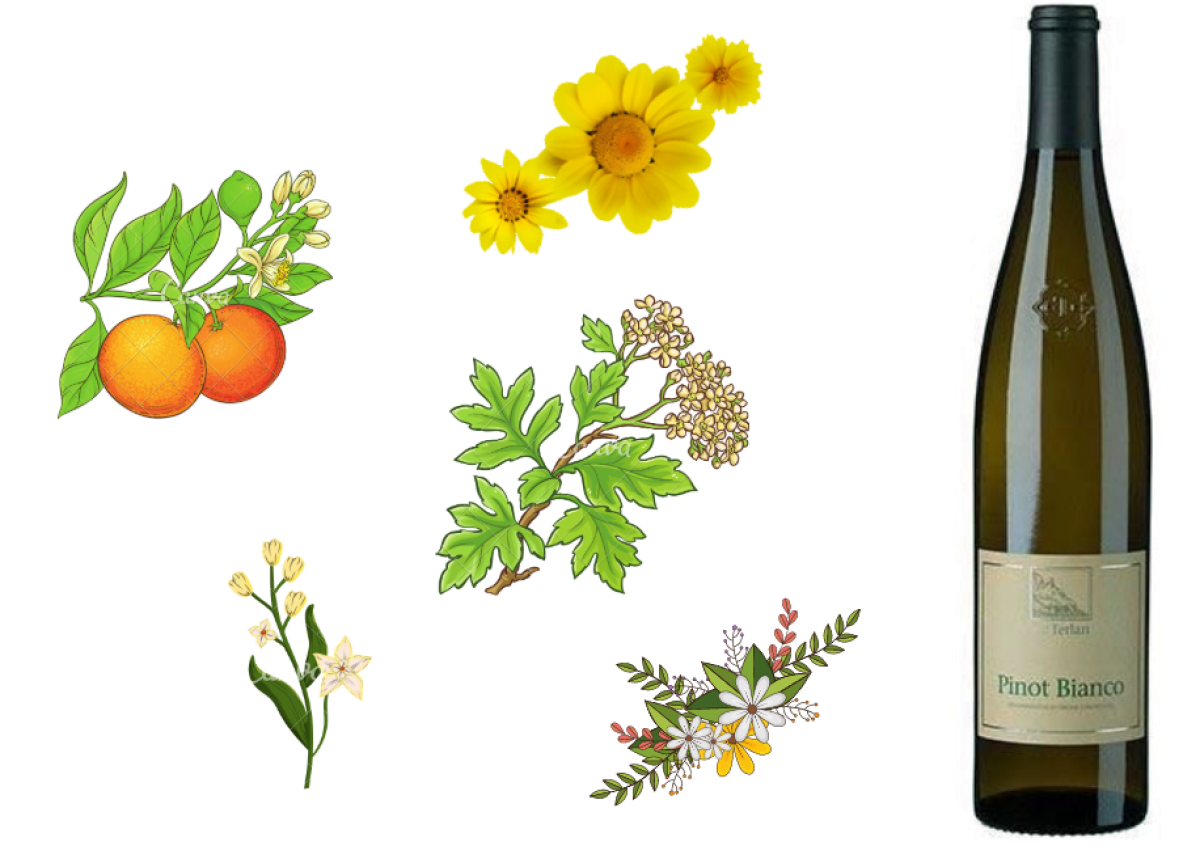
Una storia di
coraggio e di coesione quella della cantina sociale Terlano, nata nel 1893 dal
desiderio di ventiquattro produttori di svincolarsi da un’economia latifondista
e riprendere la coltivazione di vitigni (soprattutto a bacca bianca) importati
dalla Renania e dalla Francia. Un territorio protetto dalle Alpi dai climi
freddi, con suoli ricchi di porfido e quarzo e già coltivati nella
Preistoria: il ritrovamento della "Roncola delle Settequerce",
utensile risalente all’Età del Ferro, testimonia l'antica pratica della
potatura ed è molto simile allo strumento usato ancora oggi.
Un vino di
raffinata eleganza, da Pinot Bianco 100%, vendemmia e selezione manuale delle
uve. Fermentazione a temperatura controllata e affinamento di 5-7 mesi sui
lieviti, entrambe in contenitori di acciaio. Manto giallo paglierino con
guizzanti bagliori verdolini, profilo olfattivo che apre con una nota di pera e
uva spina, a cui seguono cenni floreali di camomilla, biancospino e di pietra
bagnata. In bocca si distende con grande freschezza e sapidità, bella
persistenza e finale minerale.
Ci convince la
sua personalità per un assaggio che regala emozioni grazie alla sua
verticalità e che ricorda le fiere montagne della terra dalla quale proviene.
Lo suggeriamo in abbinamento alle mezzelune di spinaci, un delizioso piatto della cucina altoatesina.
What made possible the establishment of this winery in 1893
is the strong will of 24 brave winegrowers to break free from an agriculture
system ruled by landlords. They wanted to grow varieties coming from Rhineland
and France, especially white grape varities, and they made it possible and
real. The vineyards are in a special territory, protected from cold winds by
the Alps and characterized by quartz, volcanic stones and porphyrius soils. The
art of winegrowing has been existing in these territories since the Iron age,
as it is witnessed by the ancient tool called “Roncola della Settequerce “,
something very similar to what they use for pruning nowadays.
This is their Pinot Blanc 100%, made from handpicked and
manual selected bunches. Fermentation temperature controlled and five months on
lees in steel tanks.
Bright greenish straw yellow: it shows delicate hints of pear, gooseberry, chamomile, hawthorn and wet stone. Dry, high acidity, medium alcohol and body, medium intensity on the palate, long finish. Its values? The freshness and elegant fragrance that remind us of the high white mountains and the proudness of men who live in these lands.
Our suggestion is to pair it with mezzelune - pasta stuffed with
spinaches – a delicious South Tyrolean